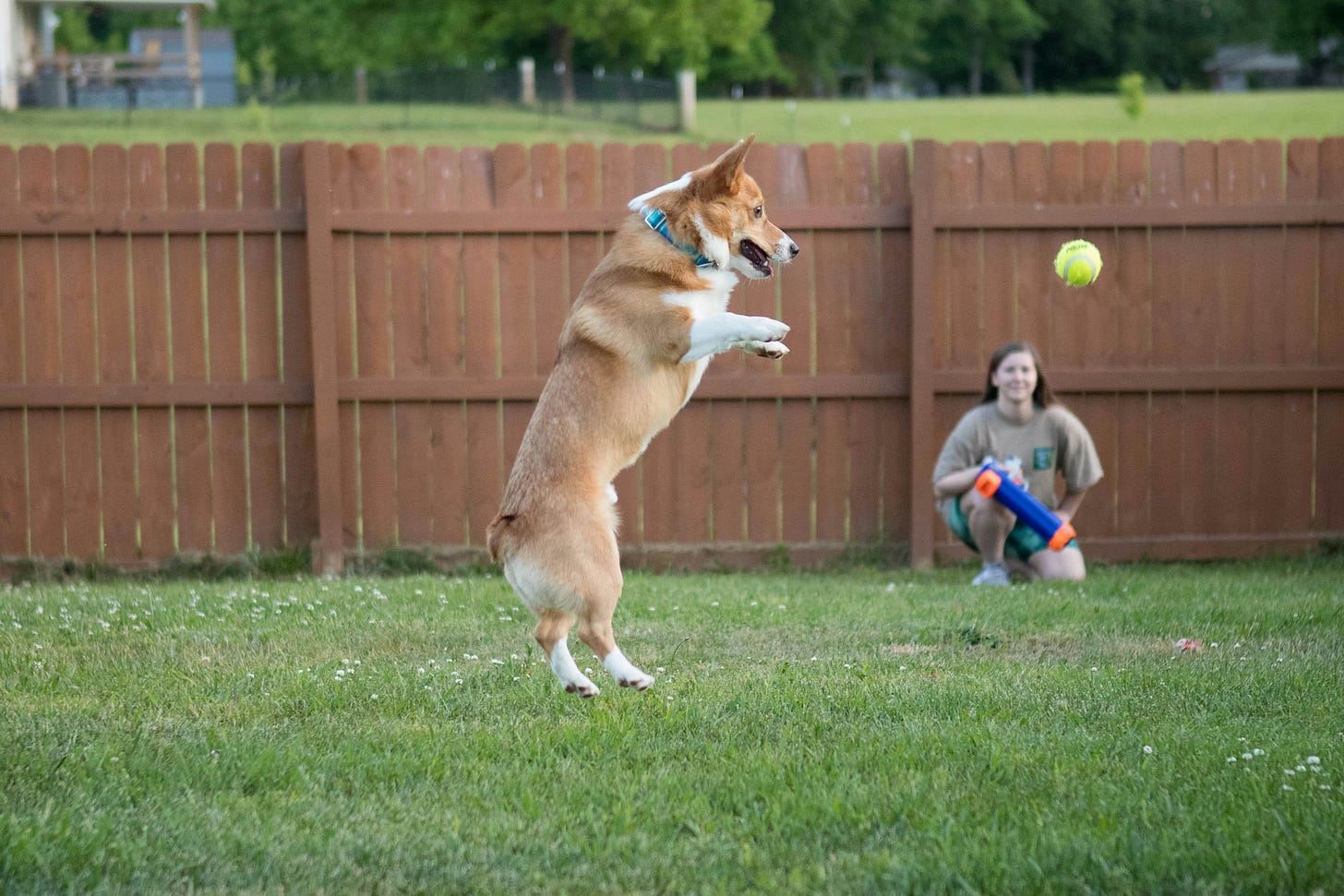The reason that adults might have more difficulty learning than kids do might surprise you. In a wide range of areas from drawing to driving, even my old stamping ground of Physics, learning is difficult not because of ignorance or lack of ability. Rather the thing that most gets in the way of learning is what you already know about the matter at hand. I use the word 'know' loosely here, because it's more in the realm of what you take for granted after your initial familiarisation with the area in question. I’ve also heard it described as ‘habits of mind’, or maybe just habits in action. Perhaps some examples will make this clearer.
If I ask you to draw someone's face, the internal struggle you'll experience arises not from your lack of talent or inexperience, but instead from your deep familiarity with faces as a way of recognising people. You'll probably mentally identify features like eyes, lips, ears etc and be trying to draw them influenced by your preconceptions, rather than seeing more basic elements of the scene as light and shade forming various shapes and drawing those without interpreting them as named features.
I found the same with Physics. Long before we reach adulthood, we develop a very sophisticated working familiarity with the physical world around us. The simple act of walking involves a much more complex appreciation of mechanics and equilibrium than any number of equations you could learn to model the process. Same with catching a ball, anticipating its trajectory and positioning your hands accordingly. And that’s well before we get into the conceptual contrariness of relativity or quantum mechanics, challenging fundamental notions of time passing or positions of objects. The mental struggle is more often due to the old knowledge conflicting with the new than it is about the novelty or complexity of the information coming at you.
Problem is that any 'knowledge' once gained becomes unconscious and thus very difficult to upgrade without first bringing it to the surface and taking it apart. I did some advanced driving training a few years ago and found I was a slow learner, because I was having to bring to conscious awareness habits that I'd developed to get by in my initial learning journey, to now see things afresh and respond to situations differently. Any of us that has driven for more than a few months will know that, unlike when you were first driving, you can now drive from point A to point B and arrive with relatively little specific recollection of the details of the journey. In so many ways we’re operating on autopilot without really thinking about it.
A final example from personal experience was when I learned to touch-type, some years along the way of using a computer keyboard. You know, like they used to teach secretaries to do in typing pools, where you can type without looking at the keyboard. I realised one day when typing a passage of text with the amateur’s “hunt and peck” method that my fingers kind of knew where the various letter keys were, but because my eyes were in the loop, I had to move my finger away from the key to visually check that it was indeed the right key. Realising that this was slowing me down big time, I loaded a ‘Typing Tutor’ program and trudged through the exercises of typing words like ‘sad’ and ‘flak’ without looking at the keys. It took about two weeks of doing this for half an hour a night for me to suddenly find that I was touch-typing, getting words on the page smoothly and much faster than before.
We do so many things automatically, which is no bad thing as the amount of information you're processing would lead to sensory overload if you had to remain conscious of it all. It's just a problem if you want to develop your levels of skill significantly, because you have to kind of unlearn the assumptions and perspectives that are limiting you without you knowing it. It's awkward and embarrassing, so most of us avoid it like the plague (unlike young children who will happily embarrass themselves and anyone else nearby). The annoying fact is that you have to go backwards before you can go forwards to a new level. Once you can accept that, you can learn anything you put your mind to and more importantly your heart is in.
And it’s all connected. What you learn in one area likely produces insights and benefits in others. This is how I use learning to draw as a way of unblocking learning difficulties in almost any area of endeavour. It’s surprising, but it works!





Fascinating, because it's counter-intuitive.....Knowing "more" is always supposed to help with future, more complex tasks. But it assumes a linear model of stacking knowledge chunks one on top of the other which, on quick reflection, is so clearly not how the learning brain works.
More of this please, Paul Walker.